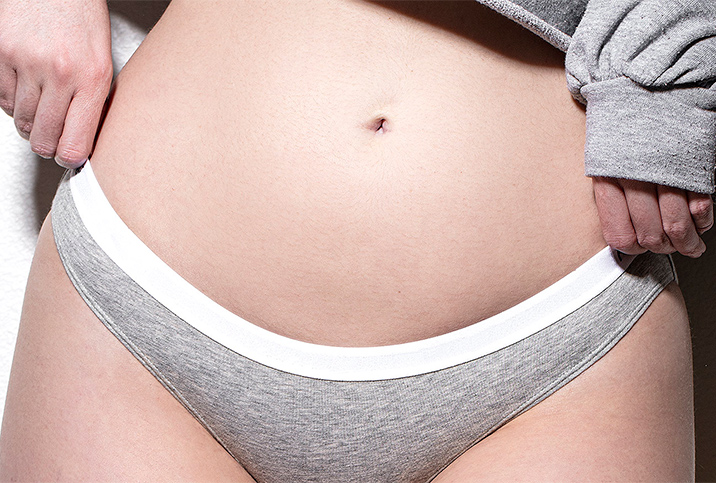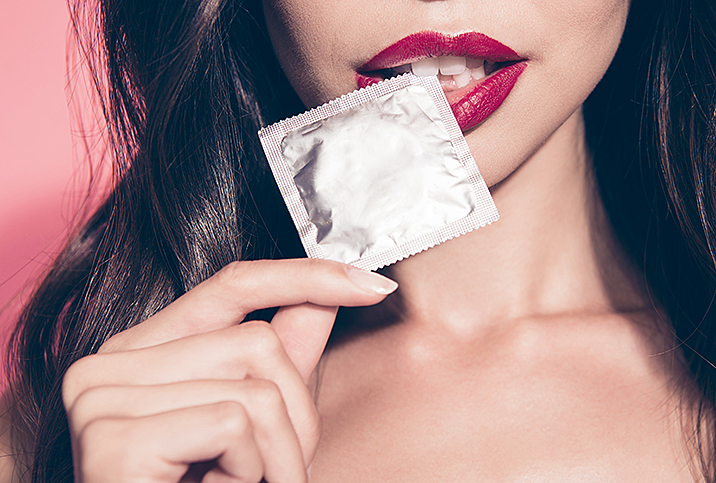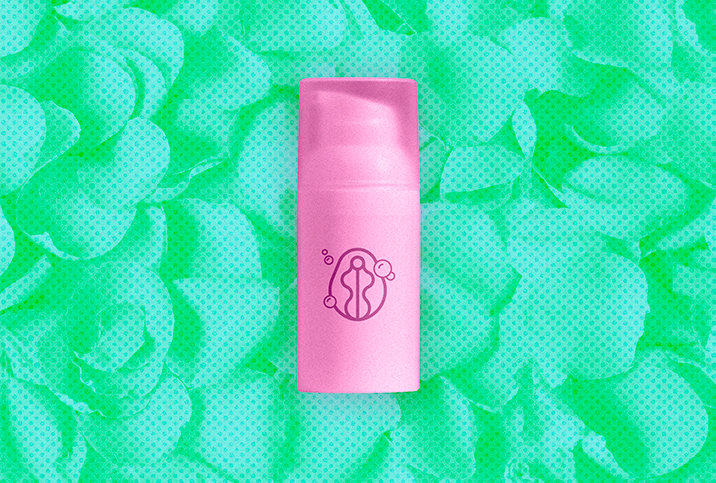The Facts About Women's Grooming and Hygiene

Looking and smelling good are only the beginning when it comes to women’s grooming and hygiene. From the hair on the top of your head to the skin on the bottom of your feet, regular grooming and hygiene routines help lower your risk for infection and illnesses. Keeping yourself clean is integral to your good health—and always a boost to confidence and self-esteem.
Hair
A woman’s hair should be kept clean and free from tangles and knots. Regularly washing, as appropriate for your hair type, and combing or brushing your hair removes old hair, dead skin cells and other environmental deposits, which can encourage bacterial growth and clog the scalp’s pores and hair follicles. Brushing and combing also help keep your scalp and hair follicles healthy by stimulating blood circulation and delivering oxygen and essential nutrients.
Hands, feet and skin
In an adult female, skin makes up about 16 percent of total body weight and a surface area of approximately 22 square feet (about 2 square meters). That’s a lot of space for bacteria to collect and grow. Keeping your hands, feet and the rest of your skin clean helps you stay healthy by preventing germs from spreading to other parts of your body and other people. Fungus and bacteria can also grow under your nails, especially toenails. To prevent fungal infections, thoroughly clean and dry your feet and keep your toenails cut short (but not too short).
Beware, however, of the overabundance of specialty products for skin, feet and hands and the constant barrage of advertising; it’s best not to spend a lot of money on a special skincare regimen without the recommendation of a dermatologist.
Ears
All you have to do for your ears is keep the outside clean, using a washcloth and mild cleanser. Ears stay clean without any intervention. Intervention—in the form of a cotton-tipped swab inserted into the ear—is discouraged by most medical professionals. Ear wax forms a natural protection in your ear and should be left alone unless it builds up to a point that is causing problems.
Mouth and teeth
Poor hygiene in your mouth can lead to more than just bad breath. Tooth decay, pain, tooth loss and gum disease are just a few of the problems caused by insufficient care of your teeth and mouth.
Dental plaque is a sticky film containing bacteria and fungi that grow on the surfaces inside your mouth, including your teeth and tongue. It can form tartar, which often makes your teeth appear brown or pale yellow. Dental plaque is a constant nuisance but can be removed by regular brushing and flossing, as well as regular cleanings at a dentist’s office.
Armpits
The odor under your arms is caused by bacteria that thrive on sweat. You can block the sweat with an antiperspirant, or you can neutralize or mask the odor with a deodorant. You can also buy a combination to do both. Many natural health advocates, as well as doctors, have expressed concern about health risks from ingredients in these products, though plenty of people and the FDA are convinced of their safety. Natural products are available as an alternative, and daily bathing or showering is the best thing you can do to keep underarm odor at bay. Whether you shave your underarm hair makes no difference in body odor as long as your armpits are cleaned regularly. Wearing clean clothes and cotton tops can also make a difference in keeping you smelling and feeling fresh.
Vagina, vulva and pubic hair
How should you wash your vagina? Trick question: You shouldn’t. You should wash your vulva. What’s the difference? Your vagina and vulva, together with your clitoris, ovaries, cervix and uterus, comprise the female sex organs. The vagina is internal and is a muscular canal. The vagina’s opening starts at the inner part of the labia and ends at the cervix, which is the opening of the uterus.
The vulva is the term for the genital area outside. It is composed of folds of skin called labia. Labia is Latin for lip-like structure or lips. The labia majora are the outer set of lips that surround the labia minora, or inner lips. The clitoris, vaginal opening and urethral opening are all contained within the labia.
A healthy vagina contains a balance of vaginal yeast and bacteria. Natural secretions (discharge) perform the process of keeping a woman’s vagina clean. Soap, douches or vaginal wipes are not necessary and can upset the natural balance of the microorganisms and contribute to vaginitis.
To clean the vulva and the pubic hair that surrounds it, you only need water and mild, unperfumed soap. Avoid cleansers with fragrances, dyes and other additives because they can cause irritation, excessive discharge or unpleasant odors.
There are no known health benefits to removing pubic hair, but many women choose to do so. Methods for pubic hair removal include shaving, waxing, over-the-counter hair cream removers, electrolysis and lasers. Each method has its advantages and risks, and the time and expense required of each technique vary.
Be sure to carefully consider the risks and benefits when deciding to temporarily or permanently remove your pubic hair. Like nose hair or eyelashes and other hair present on the human body, pubic hair helps to trap dirt, debris and potentially harmful microorganisms before they reach sensitive mucous membranes in the body. The pubic hair follicles also produce an oil called sebum, which helps prevent bacteria from reproducing. An in-depth consultation with a board-certified dermatologist or cosmetic surgeon is recommended if you’re considering electrolysis or laser hair removal.
Hygiene and sex
There is no need to shower before or after sex unless that is something you prefer to do. There are a few health risks, however, to keep in mind whenever you’re sexually active:
- If you are prone to vaginal infections or urinary tract infections (UTIs), you may choose to urinate after sex. Many women believe urinating after intercourse helps prevent a UTI. Untreated UTIs can spread and infect other parts of your urinary tract and even your kidneys, potentially causing serious damage to these organs.
- If you have anal sex, it is a good idea to clean the area with warm soap and water or use a couple of unscented baby wipes to prevent any bacteria from spreading to your vulva and vagina.
- If you use sex toys, be sure to follow the manufacturer’s cleaning instructions before using the toys again.
Sometimes it seems awkward or inconvenient to worry about cleanliness after sex. And sometimes we all feel too tired or distracted for daily hygiene and grooming. But sticking to a routine and adhering to safe practices will ultimately make you feel better both inside and out. You will always look and feel your best—and be your healthiest and most confident self—when you practice good personal hygiene from top to bottom.


















